Central America
Nicaragua to promote a reform that would establish life imprisonment as the maximum penalty

The Nicaraguan President announced that he would promote a legal reform in the country. The idea is to increase the country’s maximum penalty. Ortega seeks to establish life imprisonment as the highest penalty for the most serious crimes. Currently, the highest punishment is 30 years in prison.
Rosario Murillo said they were seeking to severely increase sentence for those who commit hate crimes due to mental or cultural disturbance. “Our commander Daniel Ortega proposes that anyone who commits these crimes be sentenced to life imprisonment,” she added.
In this regard, José Pallais, a lawyer and former opposition legislator, fears that the initiative will become another instrument of “political revenge” used by the government. However, Murillo said that the initiative responded to a citizen request. This comes after two girls were brutally murdered over the weekend in the Lisawe community in the northern Caribbean region.
Central America
Petro questions Ecuador’s vote, cites reports of military control and arrests
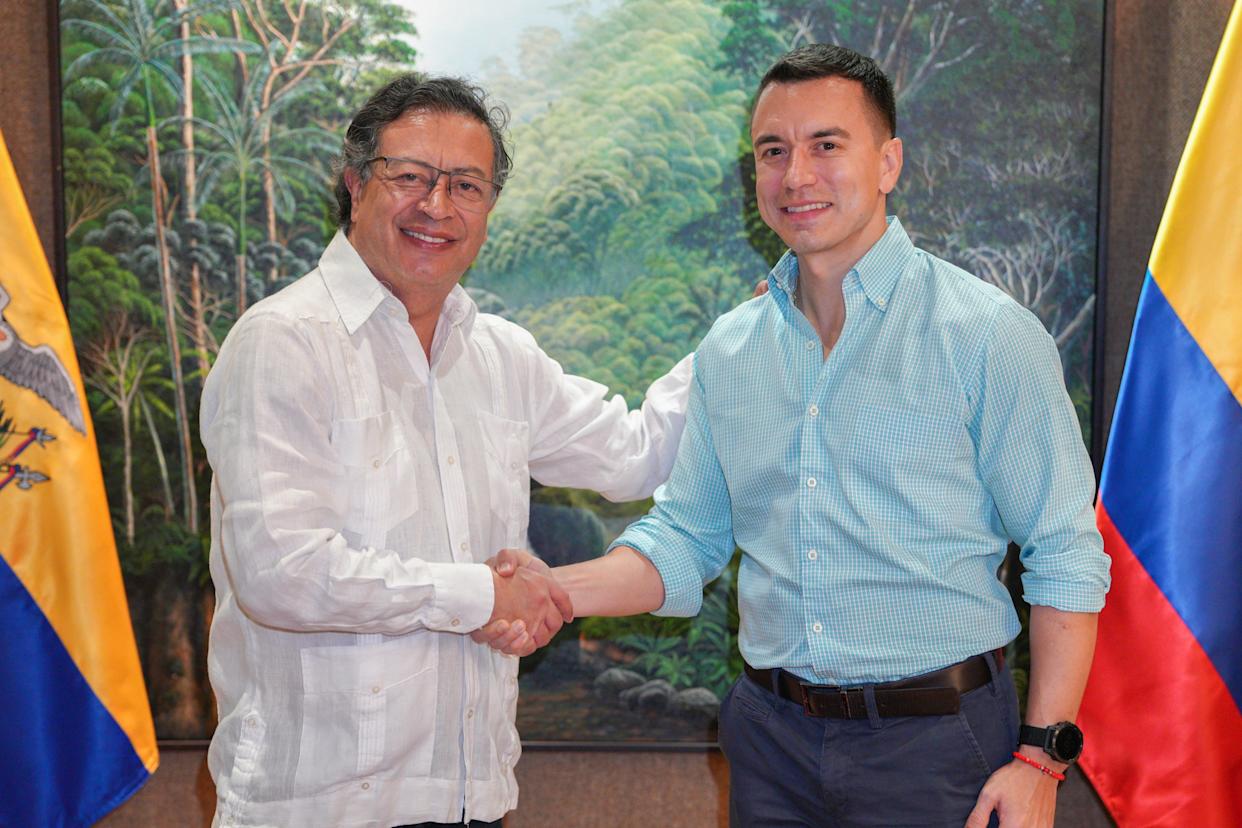
Colombian President Gustavo Petro said Tuesday he had received “concerning” reports regarding Ecuador’s presidential runoff election held last Sunday, and called for greater transparency—drawing a parallel with Venezuela.
“Colombian observers were sent to Ecuador’s elections. The reports I’ve received are troubling,” Petro wrote on his official account on X (formerly Twitter).
Ecuadorian President Daniel Noboa secured reelection in the second round with 55.6% of the vote, defeating correísta candidate Luisa González, who received 44.4%. The election results were endorsed by international electoral observer missions from the European Union and the Organization of American States (OAS).
Petro pointed to alleged irregularities, stating: “Leonidas Iza, an Indigenous former candidate, was detained days before. Areas with a majority of opposition support were placed under a state of emergency and military control two days before the election.”
Central America
Honduran Police Offer $135K for Tips Leading to the Arrest of Romeo Vásquez
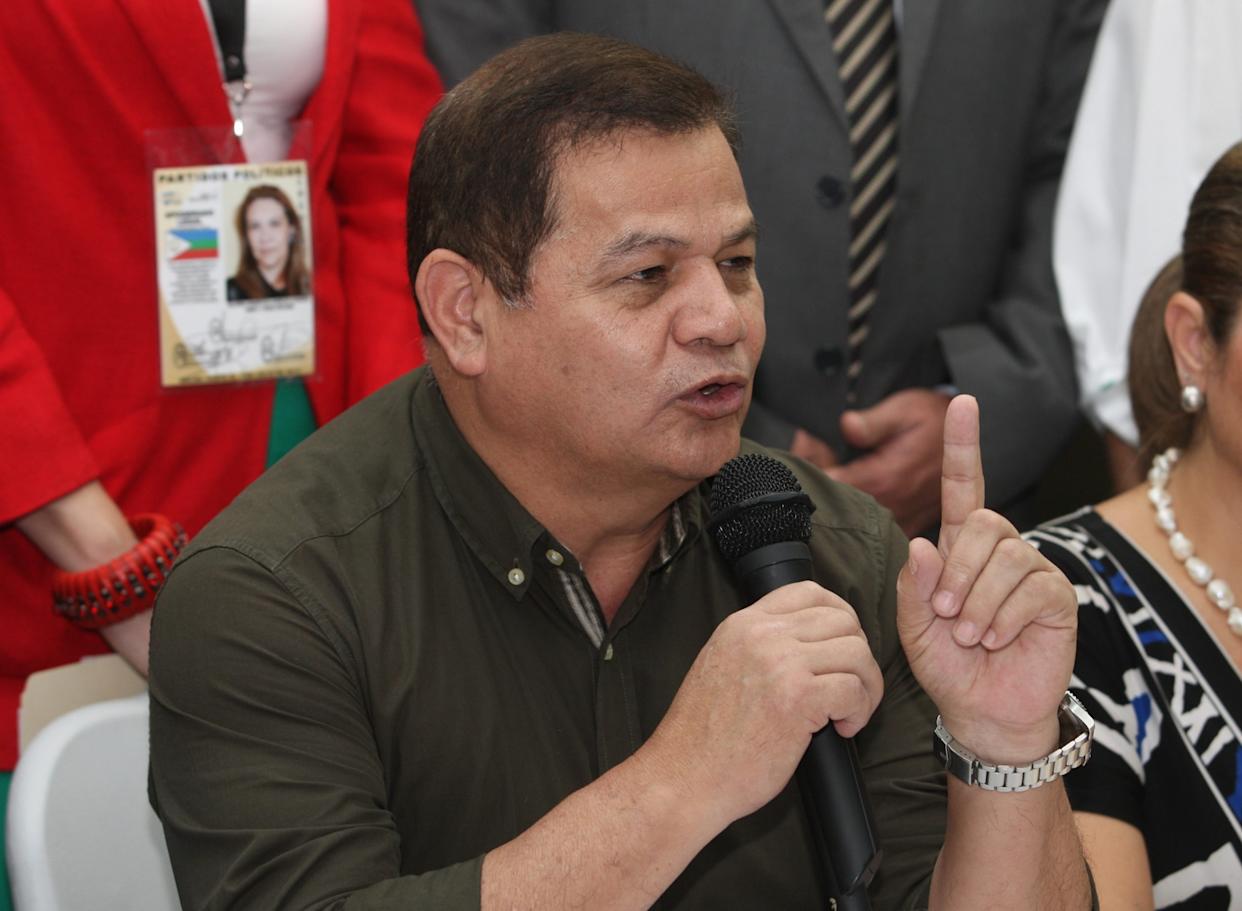
The Honduran Police on Monday raised the reward to 3.5 million lempiras (approximately 135,553 dollars) for information leading to the capture of Romeo Vásquez, the former head of the Joint Chiefs of Staff of the Armed Forces, who is accused of the 2009 murder of a young man during the 2009 coup against former President Manuel Zelaya.
Vásquez, a retired general, is listed among the top ten most wanted Hondurans for various crimes. Also on the list is Yulan Adonay Archaga, the leader of the Mara Salvatrucha (MS-13) gang, who escaped from a courthouse in El Progreso (northern Honduras) in 2020 and faces five murder charges.
For Archaga, the National Police has also raised the reward to the same amount set for Vásquez.
The Public Ministry (Prosecutor’s Office) accuses Vásquez, former Deputy Chief of the Armed Forces Venancio Cervantes, and former commander of the Special Operations Command Carlos Roberto Puerto, both generals, of the murder of young Isis Obed Murillo and the attempted murder of Alex Roberto Zavala, both of whom were supporters of Zelaya.
Central America
Spanish Ex-Congresswoman Calls for ‘Bukele-Style’ Security Policies in Europe
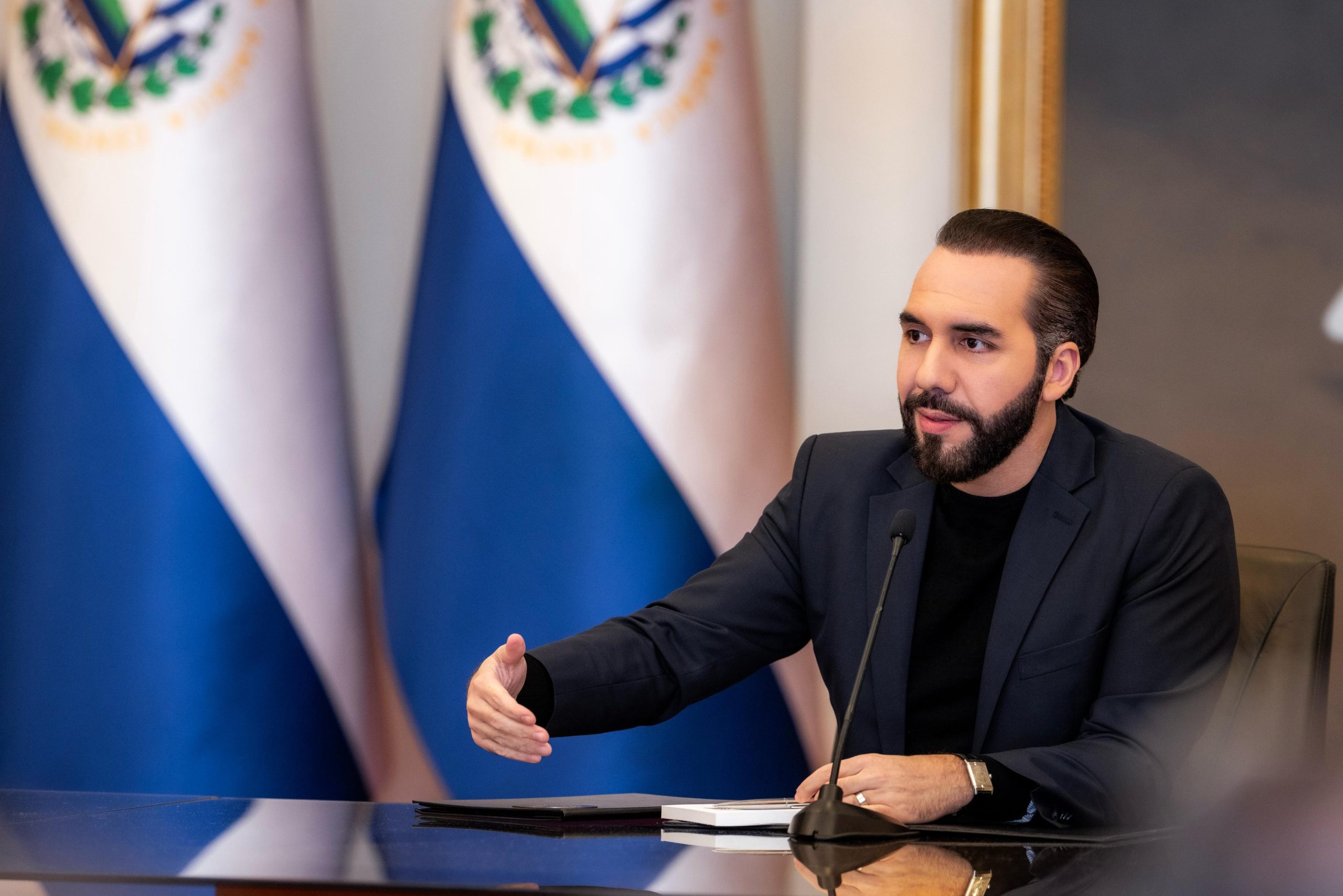
Spanish lawyer and former congresswoman Macarena Olona believes that Europe’s decline in public safety can be reversed by adopting anti-gang policies similar to those implemented by Salvadoran President Nayib Bukele.
“Historic. The U.S. State Department has given El Salvador its highest travel rating, Level 1. Spain is at Level 2, considered a higher risk to travelers’ safety. Europe will only stop its decline by following models that have proven effective: Bukele’s security model,” Olona posted on social media.
Spanish newspaper Marca echoed Olona’s remarks, highlighting in an online article that “the arrival of Nayib Bukele to the presidency of El Salvador in 2019 changed the country forever.” That year, the president unveiled his anti-gang strategy.
“Thanks to the Territorial Control Plan, Bukele’s government arrested over 84,000 suspected gang members, driving violence in the country down to record lows,” Marca added.
Three years later, in response to a spike in homicides in March 2022, Bukele’s administration invoked a constitutional state of emergency to intensify the crackdown on criminal groups. The government also built the Terrorism Confinement Center, a high-security prison to hold thousands of inmates.
-

 Central America4 days ago
Central America4 days agoSpanish Ex-Congresswoman Calls for ‘Bukele-Style’ Security Policies in Europe
-
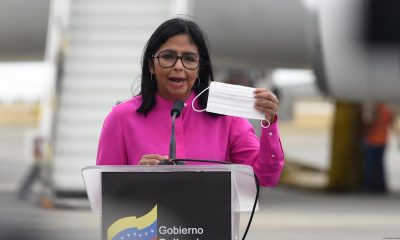
 International3 days ago
International3 days agoVenezuela accuses Guyana of “warlike intentions” after UK defense deal
-
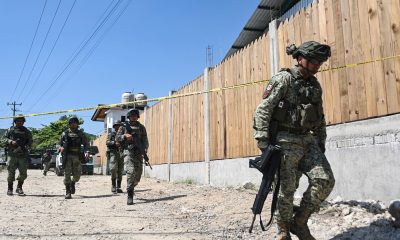
 International4 days ago
International4 days agoTrump Authorizes Military to Take Control of Federal Land Along U.S.-Mexico Border
-

 International3 days ago
International3 days agoNightclub Collapse in Dominican Republic Claims 226 Lives
-

 Central America2 days ago
Central America2 days agoHonduran Police Offer $135K for Tips Leading to the Arrest of Romeo Vásquez
-

 International2 days ago
International2 days agoMaduro Plans Major Workers’ March on May 1st to Defend Venezuela’s Freedom
-

 International2 days ago
International2 days agoMPV Denounces Electoral Blockade as Secretary-General is Disqualified for May Elections
-

 Central America23 hours ago
Central America23 hours agoPetro questions Ecuador’s vote, cites reports of military control and arrests
-

 International23 hours ago
International23 hours agoColombia: Search continues for missing limb of italian scientist found dismembered















